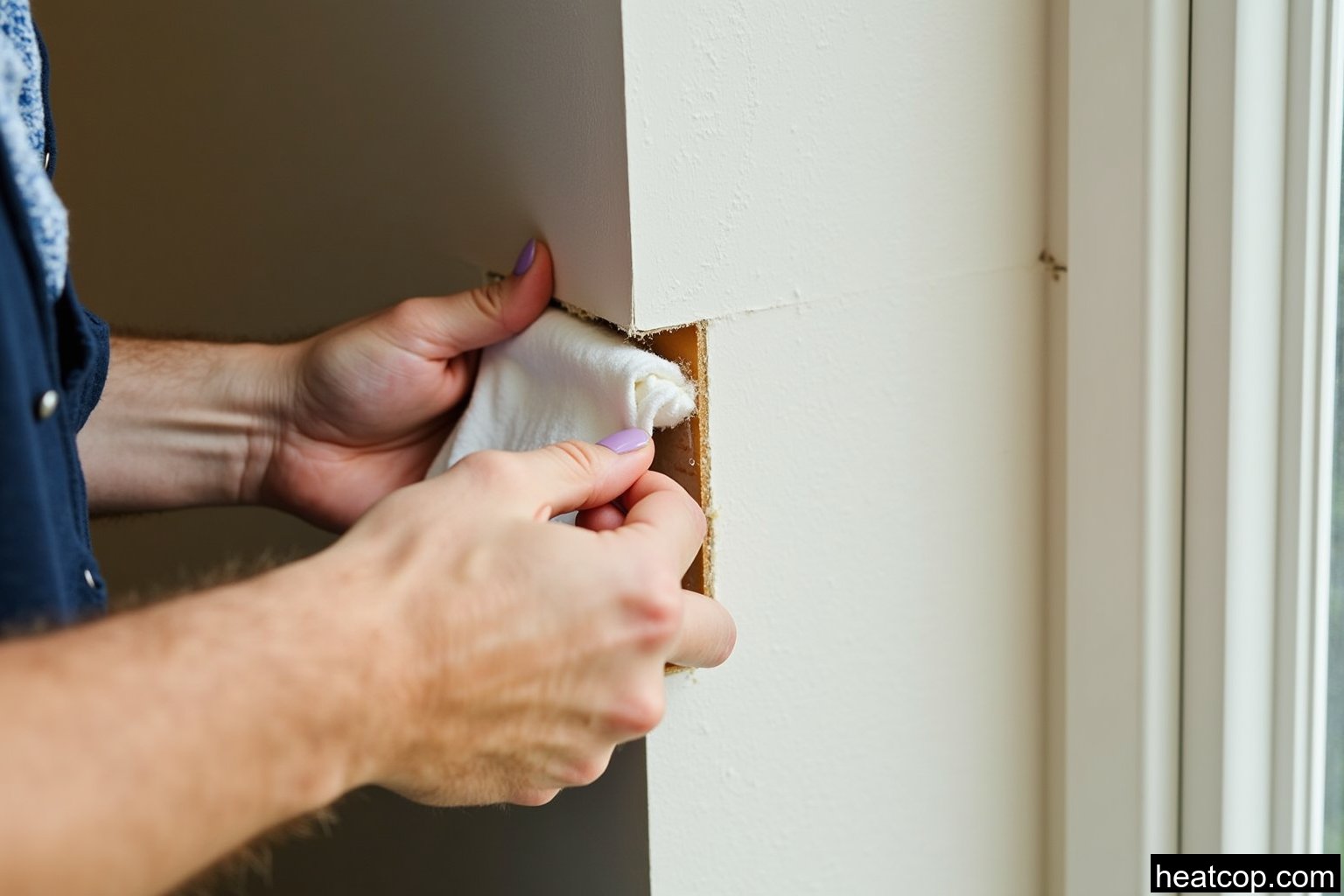Sustainable Materials: Key to Effective Home Insulation

**Introduction:
In the quest for energy efficiency, home insulation stands out as a vital component, ensuring optimal indoor comfort and reduced utility bills. Sustainable materials have revolutionized the insulation industry, offering eco-friendly solutions that not only benefit homeowners but also contribute to a greener planet. Let’s explore the significance of sustainable materials for effective home insulation.
**Main Points:
**1. Benefits of Sustainable Insulation Materials
- Sustainable insulation materials, such as recycled denim, wool, and cellulose, provide excellent thermal performance while minimizing environmental impact.
- These materials are non-toxic, renewable, and energy-efficient, making them ideal choices for homeowners looking to reduce their carbon footprint.
- By choosing sustainable insulation, homeowners can improve indoor air quality, lower energy consumption, and enhance overall home comfort.
**2. Performance and Longevity of Sustainable Insulation
- Sustainable insulation materials are known for their durability and longevity, outperforming traditional insulation options in terms of resilience and effectiveness.
- These materials are resistant to moisture, mold, and pests, ensuring that the insulation remains intact and efficient over time.
- Investing in sustainable insulation not only leads to immediate energy savings but also guarantees long-term benefits, making it a smart choice for homeowners seeking cost-effective solutions.
**3. Environmental Impact of Sustainable Insulation
- Sustainable insulation materials have a minimal carbon footprint compared to conventional insulation products, as they are often derived from recycled or renewable sources.
- By opting for sustainable insulation, homeowners can contribute to energy conservation and the reduction of greenhouse gas emissions.
- Choosing eco-friendly insulation options aligns with sustainable living practices and supports the transition to a more environmentally conscious lifestyle.
**4. Cost Considerations and Return on Investment
- While sustainable insulation materials may have a slightly higher upfront cost compared to traditional options, the long-term benefits far outweigh the initial investment.
- Energy savings resulting from improved home insulation can lead to significant reductions in heating and cooling bills, offering a compelling return on investment.
- Homeowners can take advantage of government incentives, rebates, and tax credits for installing sustainable insulation, further offsetting the overall cost.
**Conclusion:
In conclusion, sustainable materials play a pivotal role in enhancing the effectiveness of home insulation, offering a range of benefits that extend beyond energy efficiency. By choosing eco-friendly insulation options, homeowners can create a healthier living environment, lower their carbon footprint, and enjoy long-lasting insulation performance. Make the sustainable choice for your home insulation needs and reap the rewards of a more comfortable, energy-efficient dwelling.
**Internal Link Suggestions:
1. Learn more about the benefits of energy audits in optimizing home efficiency: [Energy Audits at HeatCop.com]
2. Explore our comprehensive insulation services to start your journey towards a more sustainable home: [Insulation Services at HeatCop.com]

